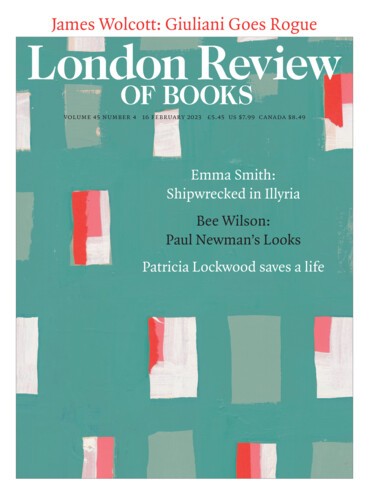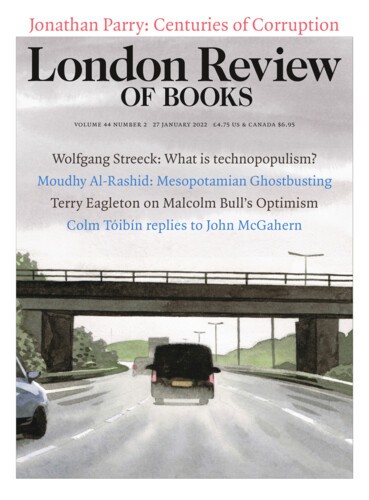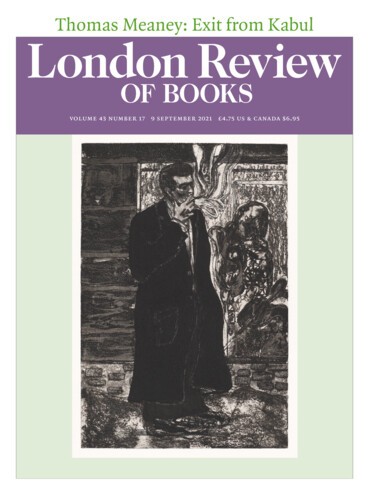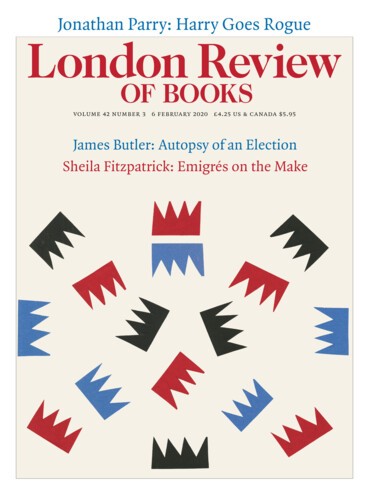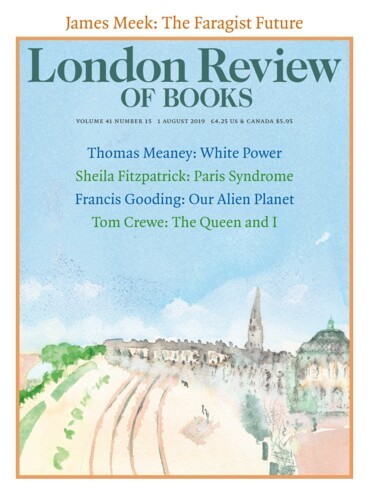What’s your story?
Terry Eagleton, 16 February 2023
Forty years ago, Peter Brooks produced a pathbreaking study, Reading for the Plot, which was part of the so-called narrative turn in literary criticism. Narratology, as it became known, spread swiftly to other disciplines: law, psychology, philosophy, religion, anthropology and so on. But a problem arose when it began to seep into the general culture – or, as Brooks puts it, into...
